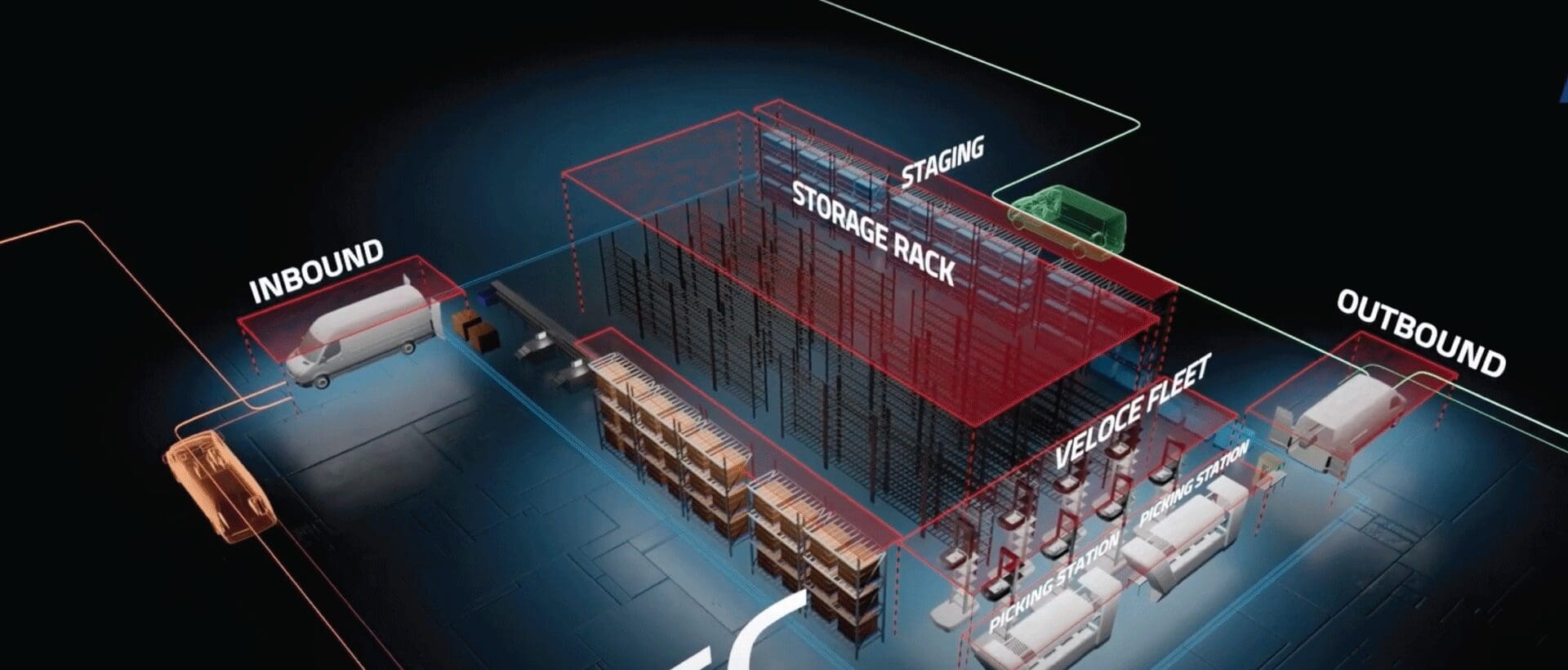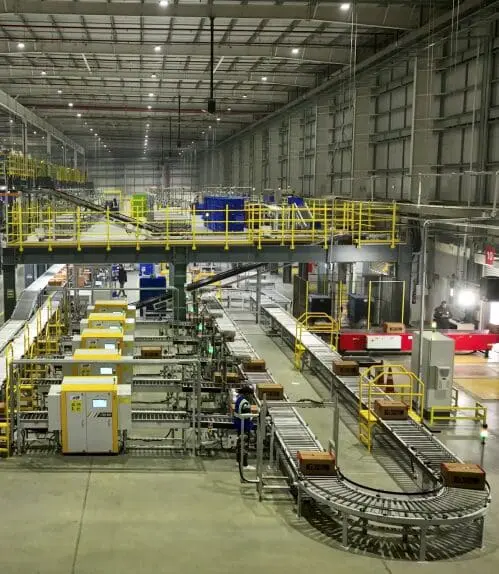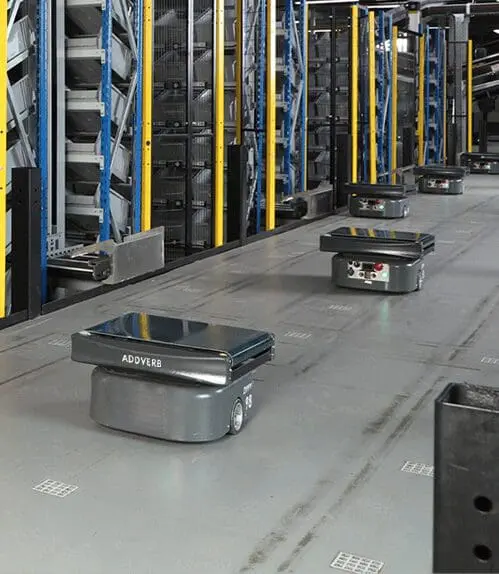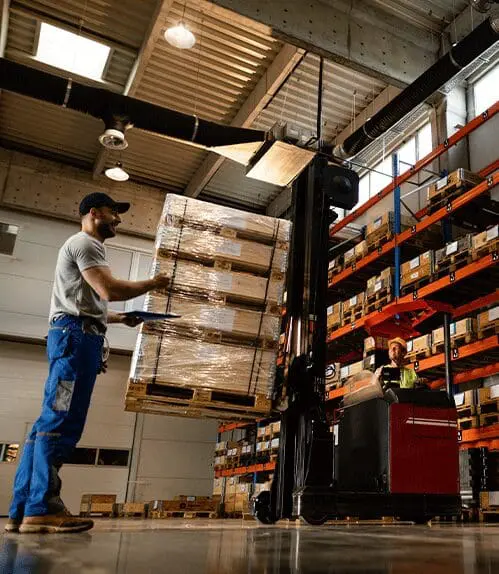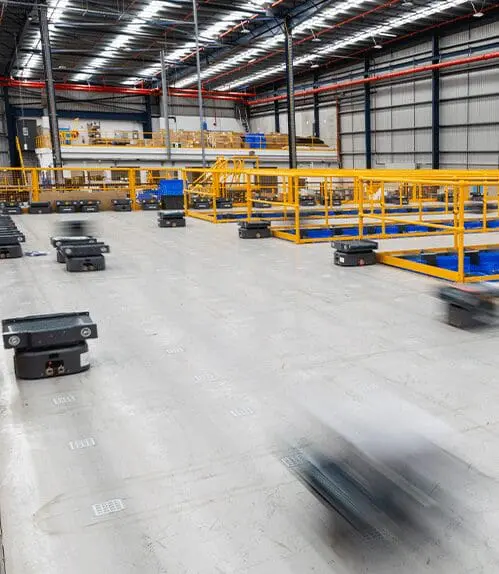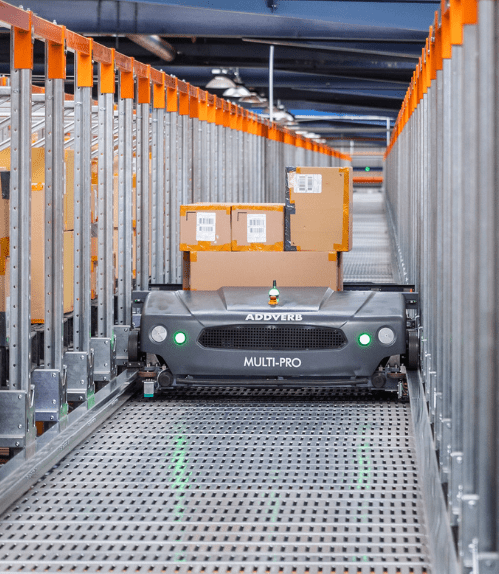How do you think the consumers will shop in 2030? Today, there is a greater demand for transparency and increased personalization from grocery shopping. This helps consumers to make informed choices to support their dietary needs, values, occasional requirements and health goals. This rapid shift in consumer demand, combined with emerging technologies, will lead to a ‘supermarket of the future’ (Micro Fulfilment) with an immensely improved omni-channel experience and efficient operating model.
Automation is one of the crucial element of the Supermarket of future. It reduces costs and frees up staff so that they can focus on enhancing the shopping experience for the customers. Currently, the brick and mortar business provides customers with an experience of high-quality fresh produce, delicious food with an attractive gastro ambience and not to forget, satiating social interaction. Smart merchandising solutions will make the retail shopping space more attractive to the customers while exponentially eliminating wastage.
Innovation in the future supermarket will come with new opportunities for merchandising and impact on the 4Ps (price, product, place, and promotion). One way to achieve this is by offering an end-to-end eGrocery solutions, using hyper-local automation to lower the cost-to-serve in online fulfilment. Keeping consumers’ demand in focus for omnichannel grocery, a transition from defensive posture on eGrocery towards a profitable solution has become essential to minimise the losses of the currently inefficient eGrocery segment.
The primary challenges of eGrocery segment that the Micro fulfilment centre commits to solve are picking time and last-mile delivery. Conventionally, it takes about 60 minutes for picking an eGrocery order which makes the segment an unprofitable burden for many grocers. The micro-fulfilment centres cut picking time down to about six minutes. These micro-fulfilment centres can be installed in the existing setup of supermarkets, enabling a hyper-local option that eventually reduces the cost of last-mile delivery.
At Addverb, we are keen to contribute in this journey with you as a retailer by providing robotics and automation solutions in these mini-sized fulfilment centres to churn out order baskets for the e-grocery customer using minimal space and manpower. This contributes towards a transparent, visible and seamless fulfilment experience for the retailer as well as the customer. From in-store pick, dark stores, semi-automated fulfilment, micro fulfilment centres to full scale automated warehouses, the rush is on to figure out a way to lower grocery fulfilment cost. As usual, there is no single solution from which the problem can be approached in a correct way. Retailers will have to create flexibility in their solutions that will eventually meet customers’ demand and that too at profit. Some factors such as urban vs suburban, delivery vs pick-up, scheduled vs immediate can help to create this flexibility in the hands of retailers.
These are some of the nuances with which you would want your technology partners to look at the problem statement of micro fulfilment.
When it comes to any automation, ROI is a conversation worth probing. From a grocery perspective, the cost to build a supermarket today involves the cost of the land, building, infrastructure and workforce which contributes to around 60% of the cost of goods sold on year on year basis. On the other hand, it is estimated that the cost of building a micro fulfilment centre would cost less than half of that for the same amount of sales for the retailer. This makes the concept a lot more viable, thereby reducing the cost to serve considerably. Moreover, if planned with the right set of data with your MFC specialist, as a retailer, it is estimated that the inventory turn around will be 3 times more than a typical retail store making the required impact on ROI.
Today consumers are interested in the convenience that online grocery business creates and the market is responding positively towards that by migrating to fast service. Micro fulfilment Center provides retail operators to satiate that consumer requirement and that too efficiently, at a low and profitable cost.
While the pricing of online grocery is always the decision of retailer, the micro fulfilment centre is so cost-efficient that it allows retailers to sell products via an online medium to its customers without any additional fees.
Hence, some advantages of Micro fulfilment centre can be summarized as follows:
- Reduced last-mile delivery costs: The cost of transporting and hence reduced delivery time due to migration of warehouse closer to the customer, decreasing the overhead costs.
- Easy Deployment: The deployment time to implement micro fulfilment centres is a lot lesser due to pre-engineered approach for automation, making go-to-market strategy a lot faster.
- Re-use of existing store footprints: It reduces the need to build new warehouses for your growing online sales channel and instead use the existing supply chain assets.
It is evident that the future of retail is here, and it is for us to embrace it!
